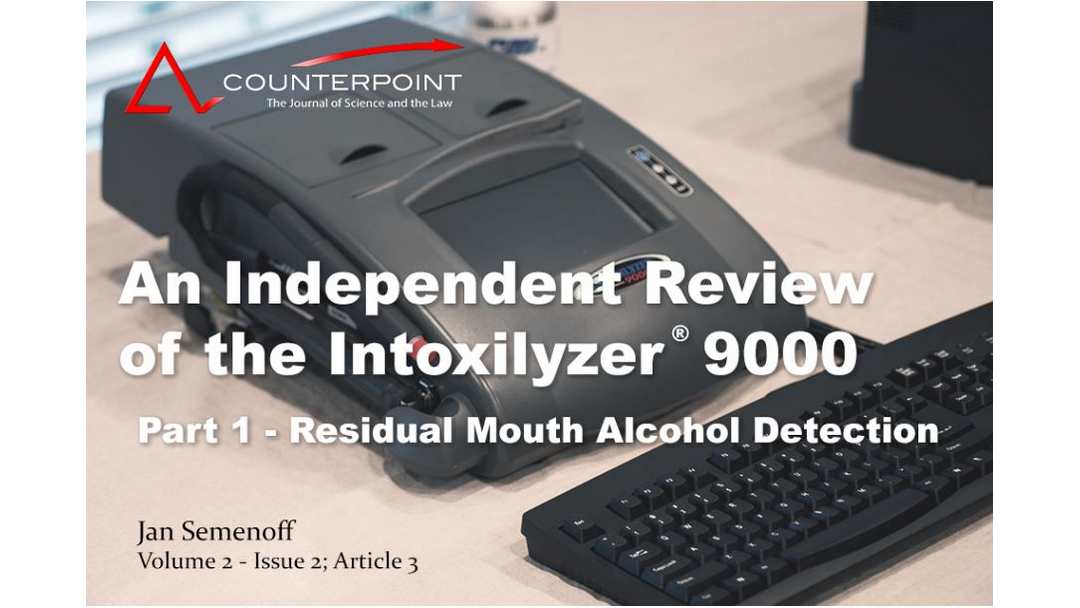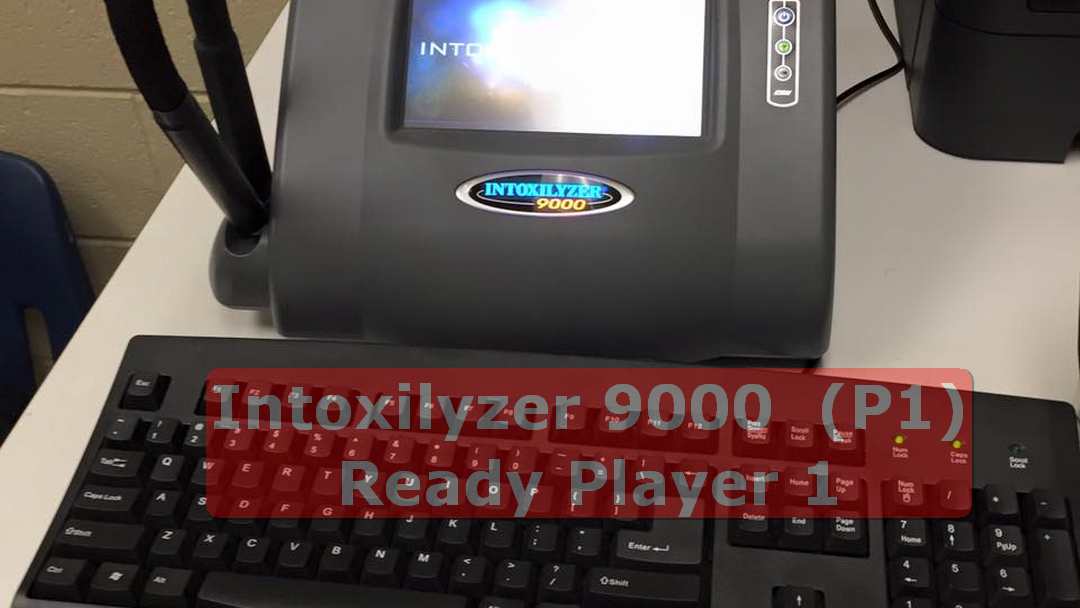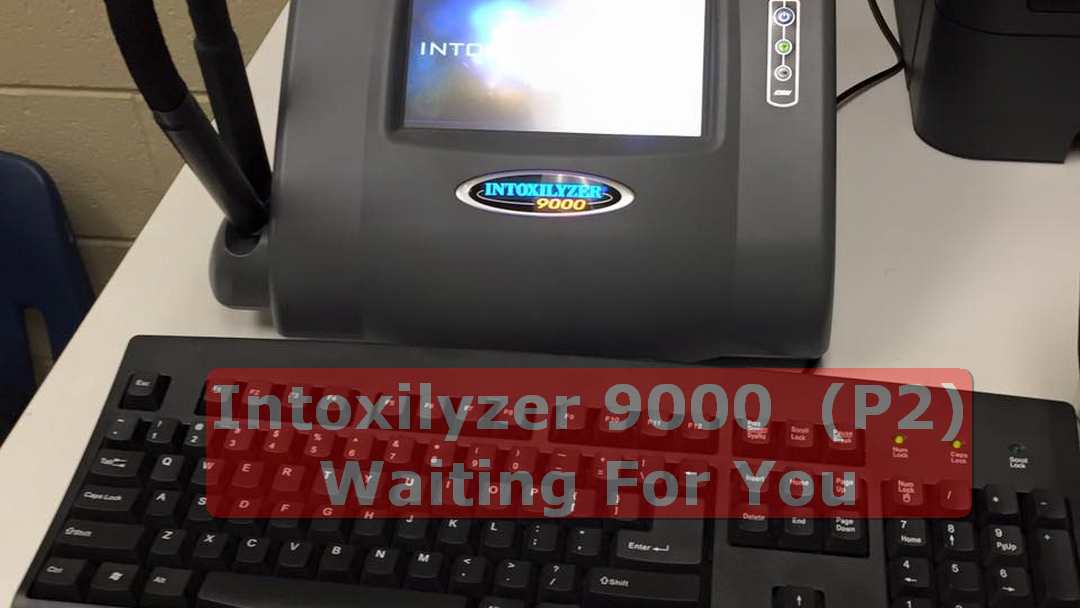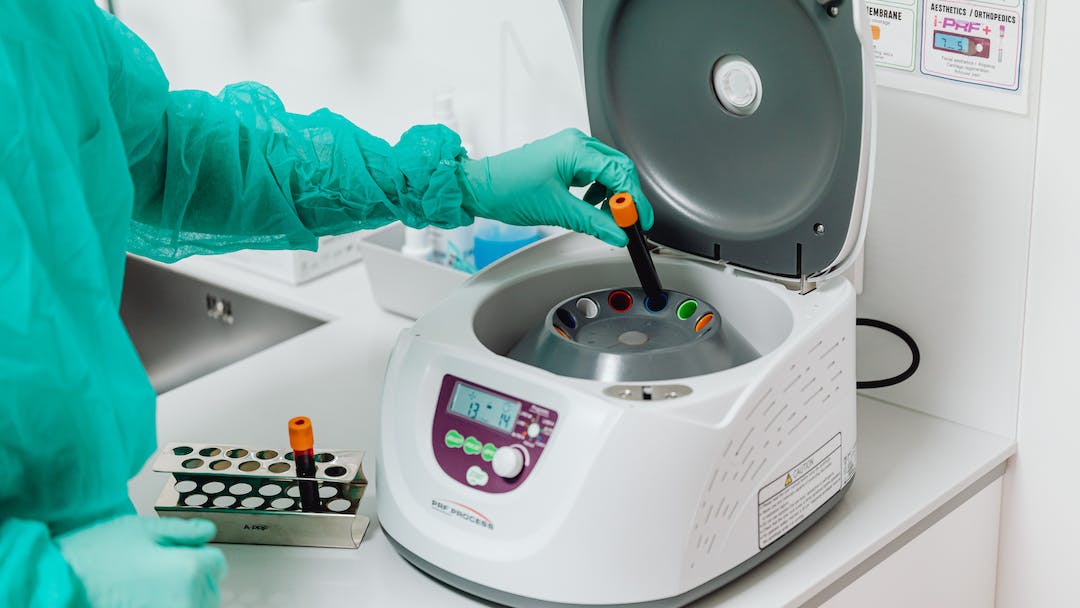Please join us in congratulating our inaugural Michigan’s Go To Lawyer for cannabis law. Michael Komorn, Komorn Law, Farmington HillsMichigan Lawyers Weekly is pleased to announce the inaugural “Go To Lawyers” for cannabis law. Now in its fifth year, the “Go To...

THC Detection in Blood: Challenges and Implications
THC Detection in Blood: Challenges and Implications
When it comes to enforcing drugged driving laws, police and employers face a unique challenge with marijuana. Unlike alcohol, which is metabolized and eliminated relatively quickly, THC, the psychoactive compound in marijuana, can remain detectable in the blood for several days or even weeks after use.
This is because THC is highly fat-soluble, meaning that it dissolves easily in fat cells. Once THC is absorbed into the bloodstream, it is distributed throughout the body, including the fat cells. When THC reaches the brain, it binds to cannabinoid receptors, producing the intoxicating effects associated with marijuana use.
As the intoxicating effects of THC wear off, it is released from the brain and redistributed to other tissues, including the fat cells. THC can be stored in fat cells for weeks or even months, and it is released slowly back into the bloodstream over time.
This means that a blood test for THC can detect past marijuana use, even if the individual is no longer under the influence. This poses a challenge for law enforcement and employers, who may want to use blood tests to identify drivers or employees who are currently impaired by marijuana.
Scientific Evidence
A number of studies have investigated the relationship between THC blood levels and impairment. One study found that THC blood levels above 5 ng/mL were associated with an increased risk of impaired driving performance. However, another study found that some individuals with THC blood levels below 5 ng/mL were still impaired, while others with THC blood levels above 5 ng/mL were not impaired.
These findings suggest that THC blood levels are not a reliable indicator of impairment. Other factors, such as individual metabolism, tolerance, and route of administration, can also play a role.
Implications
The limitations of THC blood tests for detecting impairment have important implications for law enforcement and employers. Law enforcement officers should not rely solely on blood tests to determine whether a driver is impaired by marijuana. They should also consider other factors, such as the driver’s behavior and performance on field sobriety tests.
Employers who use blood tests to screen employees for marijuana use should be aware that a positive test result does not necessarily mean that the employee is impaired at work. Employers should have a clear policy in place for responding to positive drug tests, and they should take into account all relevant factors, such as the employee’s job duties and performance.
Conclusion
THC detection in blood is a complex issue with important implications for law enforcement and employers. It is important to understand the limitations of THC blood tests and to use them in conjunction with other information to assess impairment.
Implications
The limitations of THC blood tests for detecting impairment have important implications for law enforcement and employers. Law enforcement officers should not rely solely on blood tests to determine whether a driver is impaired by marijuana. They should also consider other factors, such as the driver’s behavior and performance on field sobriety tests.
Employers who use blood tests to screen employees for marijuana use should be aware that a positive test result does not necessarily mean that the employee is impaired at work. Employers should have a clear policy in place for responding to positive drug tests, and they should take into account all relevant factors, such as the employee’s job duties and performance.
Conclusion
THC detection in blood is a complex issue with important implications for law enforcement and employers. It is important to understand the limitations of THC blood tests and to use them in conjunction with other information to assess impairment.
Conclusion
THC detection in blood is a complex issue with important implications for law enforcement and employers. It is important to understand the limitations of THC blood tests and to use them in conjunction with other information to assess impairment.
Did You Know
Michigan State Police Legal Updates
MSP Legal Update No. 153 (01/2023)
- Search & Seizure: The smell of marihuana, standing alone, no longer constitutes probable cause to search for that substance
- Vehicle Code: Violation for impeding traffic requires evidence the accused’s conduct actually affected the normal flow of traffic.
Legal Update No. 153 (01/2023)
MSP Legal Update No. 150 (01/2022)
- Vehicle Code: Persons under the age of 21 may be prosecuted for operating a motor vehicle with the presence of marihuana in their system
- Criminal Law: Ethnic intimidation based on gender includes harassing or intimidating another person because of the actual or perceived gender of that person.
Legal Update No. 150 (01/2022)
Legal Update No. 148 (09/2021)
Legal Update No. 148 (09/2021)
Legal Update No. 147 (03/2021)
More Posts

MI Lawyer Weekly – Michigan’s Go To Lawyers for Cannabis Law

I got a DUI while driving my dad’s boat – Will they take it?
I was out driving my dad's boat on the lake and I got caught drinking. Can they take the boat away from my dad who was not with me?Happy Father's Day - DadNo, in most cases, they likely won't take your dad's boat away for you getting a DUI while driving it. They Could...

Boating in Michigan on Alcohol and Drugs – It’s Illegal
If it's got a motor, it's a BUIWe got lakes, we got boats, we got alcohol, we got cannabis all the fun you can possibly find on a holiday weekend in the summer. Just don't combine them all or you'll be calling us or your cousin Vinny. Operating a Boat Under the...

Alcohol, Drugs, Kayaking – It could be a problem
Can I drink alcohol and smoke cannabis if I'm canoeing or kayaking or tubing or paddleboarding or just floating around?While Michigan law doesn't explicitly forbid consuming alcohol on non-motorized vessels like canoes or kayaks, it's strongly discouraged for safety...

Redefining Impairment: Beyond THC Levels in Roadside Testing
Redefining Impairment: Beyond THC Levels in Roadside Testing In recent developments that promise to reshape our understanding of cannabis use and road safety, a federal government report has cast significant doubt on the efficacy of using THC levels as a benchmark for...

An Independent Review of the Intoxilyzer 9000
An Independent Review of the Intoxilyzer 9000 Part 1 - Residual mouth alcohol detection Counterpoint Volume 2; Issue 2 - Article 3 (August 2017) An article in the Core Skills III-2 Module Jan Semenoff, BA, EMAForensic CriminalistThe opportunity to conduct an...

The Intoxilyzer 9000 (part 1)
The Intoxilyzer 9000 (part 1 of 2)Roll-Out The Michigan State Police (MSP) initiated Intoxilyzer 9000 (Intoxilyzer) training for police officers statewide, commencing in 2023. In order to participate, officers were required to complete both preliminary breath test...

The Intoxilyzer 9000 (part 2)
The Intoxilyzer 9000 (part 2 of 2)Using it The Intoxilyzer is user-friendly and equipped with a built-in feature to alert officers of any potential issues. As a precautionary measure, officers are specifically advised to switch off their portable radios prior to...

How DUI Charges Impact Your Child’s Future
In Michigan driving is considered a privilege. with this privilege comes immense responsibility, especially when it comes to driving under the influence (DUI) as well as other responsibilities. The consequences of youth DUI extend far beyond the immediate legal...

FAQs About Restoring Your Drivers License in Michigan
Frequently Asked Questions about Restoring Your Driver's License in MichiganHere's what you need to knowWhat are the steps to restore my driver's license in Michigan? The steps to restore your driver's license in Michigan vary depending on the reason your license was...

